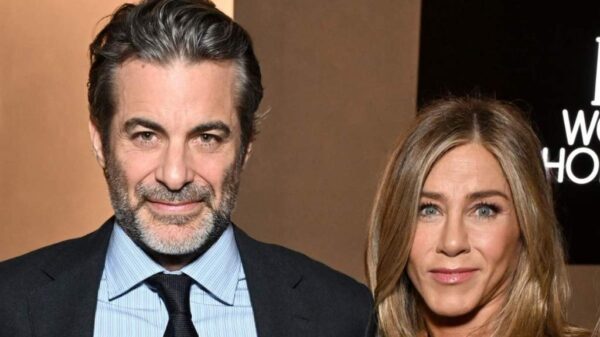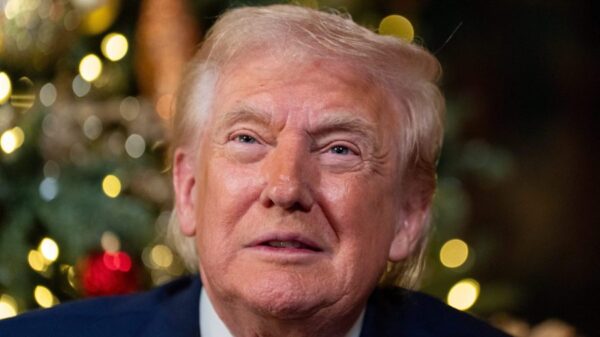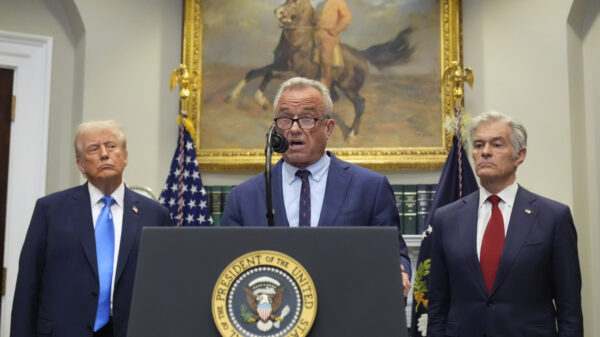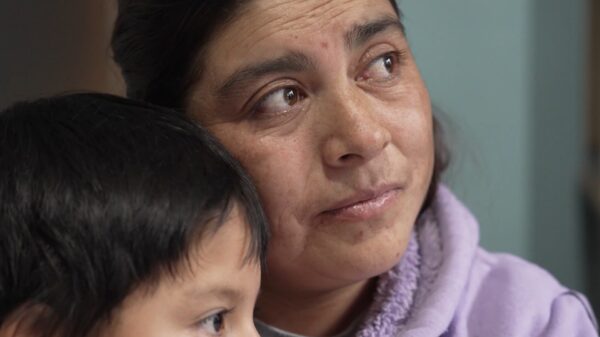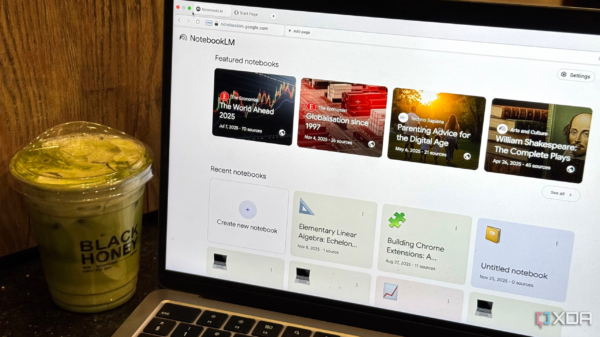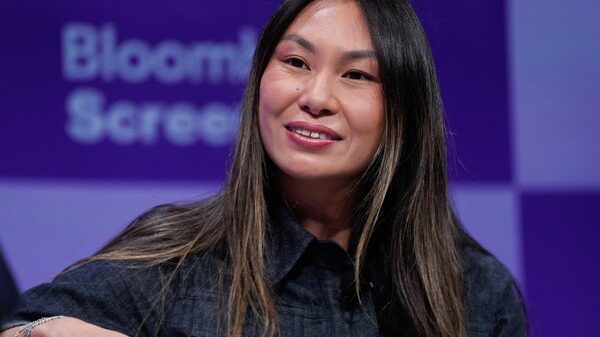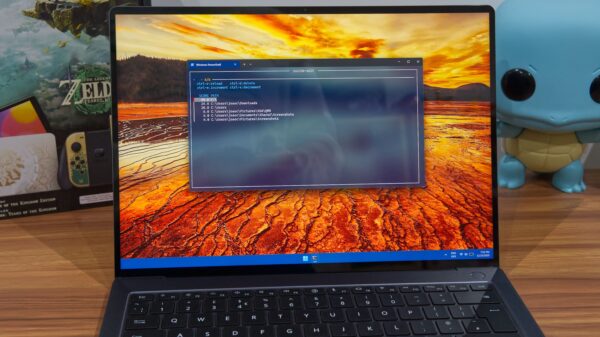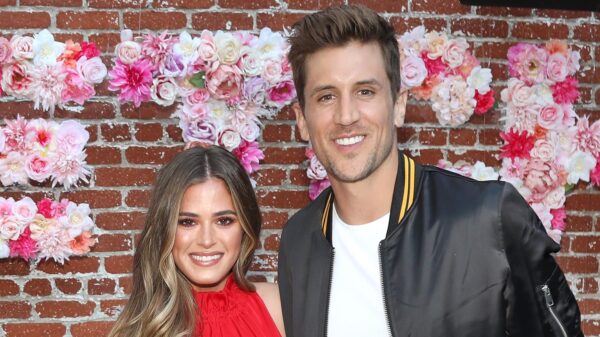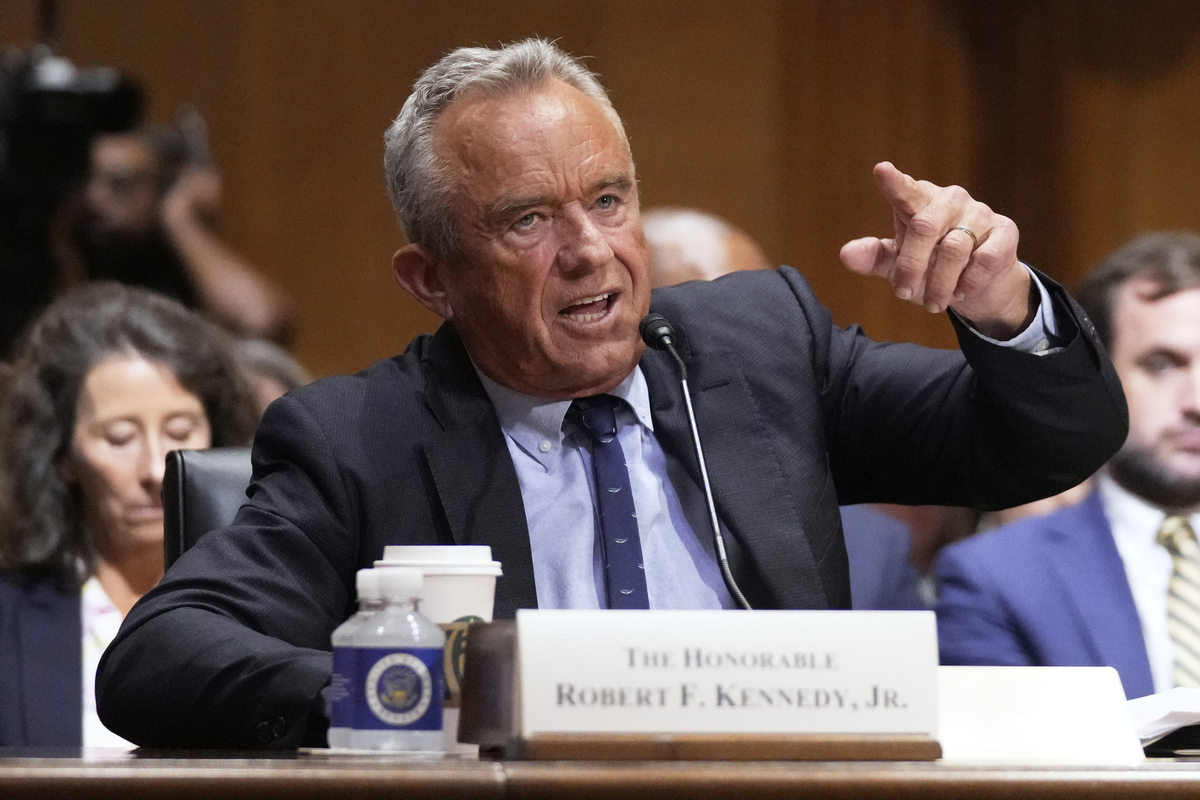During a contentious Senate committee hearing on March 14, 2024, U.S. Health Secretary Robert F. Kennedy Jr. faced intense questioning from both Democratic and Republican senators regarding his controversial policies on COVID-19 vaccinations and the management of federal health agencies. The three-hour session, held by the Senate Finance Committee, highlighted the deep divisions within the government over public health strategies.
Contentious Exchanges Mark Hearing
The hearing became increasingly heated as Kennedy engaged in confrontational exchanges with members of the committee. Senators expressed frustration over his statements about the COVID-19 vaccine rollout and the recent firing of Susan Monarez, the director of the Centers for Disease Control and Prevention (CDC), who was dismissed just weeks into her role. Republican Senator Thom Tillis questioned Kennedy’s stance on the Operation Warp Speed initiative, which aimed to expedite vaccine development during the Trump administration. Kennedy had previously praised Trump for this effort while simultaneously criticizing the safety of the vaccines that resulted.
“I can’t tell where you are on Operation Warp Speed,” said Tillis, reflecting a growing concern among senators about Kennedy’s inconsistent messaging.
Democrats on the panel did not hold back, with Senator Ron Wyden accusing Kennedy of “stacking the deck” on a vaccine advisory committee by replacing credible scientists with individuals known for their anti-vaccine rhetoric. Wyden attempted to have Kennedy sworn in as a witness, citing a history of dishonesty with the committee, but the request was denied by committee chair Sen. Mike Crapo.
Public Health Concerns and Controversial Decisions
In his testimony, Kennedy defended his actions, which included a recent announcement that COVID-19 vaccines would no longer be recommended for healthy children and pregnant women—a decision that has faced significant backlash from medical professionals and health organizations. Critics, including the Infectious Diseases Society of America and other public health groups, have called for Kennedy’s resignation, asserting that his policies undermine decades of medical progress.
“Our country needs leadership that will promote open, honest dialogue, not disregard decades of lifesaving science,” the organizations stated.
Kennedy’s approach has drawn ire not just from Democrats. Republican Senators John Barrasso and Bill Cassidy, both of whom are physicians, expressed their concerns over Kennedy’s handling of vaccine policies. The hearing also featured a tense moment when Sen. Raphael Warnock questioned Kennedy about his past comments related to CDC employees in the wake of a shooting incident at the agency. Kennedy’s response, accusing Warnock of complicity in harassment against Trump, only escalated the tension.
As the hearing concluded, many senators from both parties echoed the sentiment that Kennedy’s leadership at the Department of Health and Human Services (HHS) could lead to further public health crises. The implications of his policies and the fallout from the recent changes at the CDC suggest a turbulent path ahead for U.S. public health strategy.
With the hearing serving as a focal point for broader discussions about health policy, the actions and decisions made by Kennedy will likely continue to be scrutinized by both lawmakers and the public.




